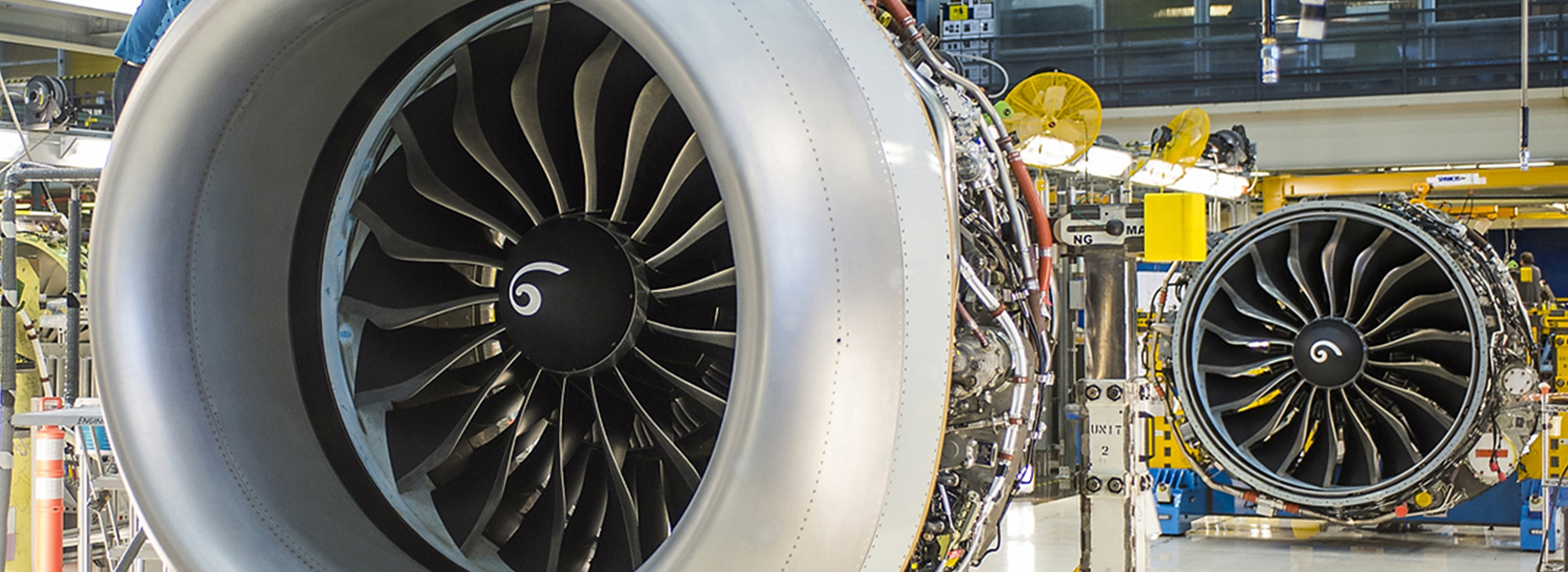AVATAR

AVATAR is a research project to access digital twin for composites material processes for aerospace.
It is a project partly funded by the “CORAC” (the French Strategic Advisory Board for Civil Aviation Research). Airbus, Compositic, Coriolis, l’Ecole Centrale de Nantes, Infodream, Loiretech and Méca had been collaborating to achieve the goals of this project.
The replacement of metallic materials by composites materials in aerospace occurred step by step during the last 30 years. Performances of composite materials are multiple and allow airlines to benefit from the reduction of fuel consumption, to gain on maintenance and may certainly increase the life expectancy of aircrafts.
Even though the proportion of composite parts is constantly growing in new aircraft programs, the regular processes and the automated processes are only fitting with middle pace of long-haul aircrafts (15 planes a month). The processes are mature and match with the current level of activity. However, it won’t answer the needs of the aircrafts of the future which will be “full composites” as well as the manufacturing of medium-range with higher pace reaching 60 aircrafts produced per month or more.
The specific industry of composites parts for aerospace is based in France and in Europe. To remain a world leader, it must equip itself with tools enabling to guarantee the compliance of the part during its manufacturing process and meet the demand of high production pace.
In order to detect the potential defaults and optimize the manufacturing of composite parts, an original approach of tooling monitoring must be defined. It will be paired to a real-time process simulation. It will enable the development of a digital twin of processes.
These new tools will allow to obtain an extraordinary command-control during manufacturing with efficiency levels equaling to regular materials such as the ones made of metal.
AVATAR project lasted 3 years and finished in late 2021. The research results are used with project AVATAR 2 also supported by the CORAC.


